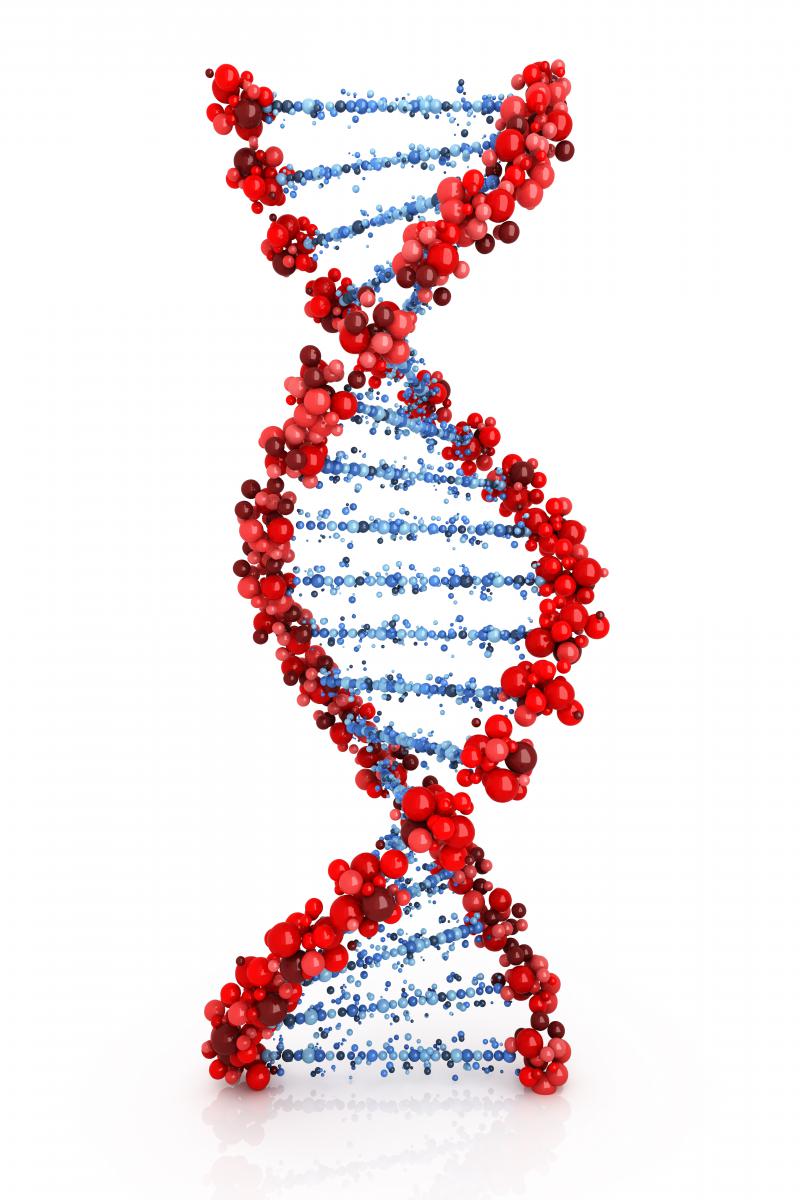
The artifical metallonucleases (AMNs) discovered at DCU at the core of the ClickGene project are highly original and offer a unique approach for gene therapy compared to all of the existing commercial gene-based therapeutics.
These existing enzymatic nucleases are typically large bio-molecules, and therefore problematic to deliver effectively into cells and tissues. The engineered AMNs used in ClickGene are synthetic hybrids with a considerably smaller footprint. ClickGene seeks to develop a radical new class of site-directed AMNs, using click chemistry, for gene knockout in human cells.
ClickGene will:
- develop artificial metallonucleases (AMNs) that offer a unique mechanism for inducing strand breaks in DNA and RNA compared with the current state-of-art gene editing nucleases found in zinc finger nucleases and TALENs
- utilise cutting edge “click” chemistry to conjugate AMNs to sequence-selective nucleic acid targeting molecules such as zinc finger proteins and triplex forming oligonucleotides which can discriminate epigenetic bases (e.g. methylated and unmethylated sequences)
- fabricate customised liposomal nanoparticle and nanocontainer delivery vehicles to transport targeted AMNs into the nucleus of selected human cells
- produce a unique family of fluorogenic detector molecules that can monitor the presence of epigenetic base modifications in highly parallel PCR matrixes
The Nucleic Acids Book is a free online book produced by Prof. Tom Brown's company, ATDBio. The book is ideal for chemistry and biology students and also provides practical information for researchers working in the lab.
It can be found on ADTBio's website under this link.

